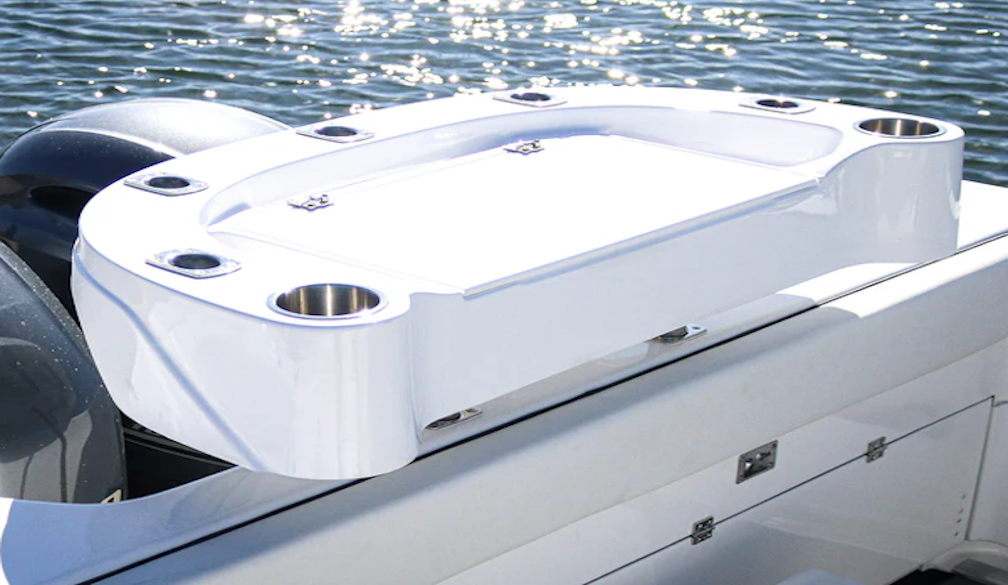Is it an Emergency? Storm Season Pressure on Public and Private Services

Those infamous Sydney Rain Bombs are on their way and Sydney’s infrastructure team are urging residents to consider “what is an emergency” during key weather events. While ambulances and health providers urge residents to seek help from their GP or visit an emergency room if they have immediate concerns, water, power and infrastructure emergencies should be considered more carefully.
What Makes an Electrical Emergency?
Call emergency services if powerlines are down in your street. If there is an immediate risk to the public, do not hesitate, call triple zero. For emergencies including water inundation in your home that poses risk of fire, Sydney residents should turn off their power supply (including solar power) and contact their emergency electrician. If lives are at risk though, call Triple Zero.
What Makes a Plumbing Emergency?
If there is any life threatening situation, including risk of drowning, or a gas leak in your area call Triple Zero. When sewer contents are backflowing into your home, or issue with public infrastructure breaking under the pressure of water inundation, do not call emergency services, contact Sydney Water immediately. Call your local emergency plumber in other emergencies. For example, there is a gas smell in your home (you may need to open windows and doors, and evacuate, despite the weather outside), disruption to water supply that prevents a health device from working, burst pipes causing serious water inundation etc
Preparation Should Extend to Power and Water Information
In addition to a fully stocked emergency kit, a “go bag” and bottled water/canned food supplies, you should keep contact details for your local council, Sydney Water, your power company, insurance company, local electrician and plumber on hand in case of emergency. In the event of road closures due to flooding, it’s ideal to choose a local electrician or plumber (Find a Plumber Near Me) who can deliver drainage and pump plumbing services, in addition other emergency plumbing services.
Staying Safe
Prepare for another Sydney Storm Season by doing basic maintence on your home including clearing tree branches from around electrical cabling, clearing gutters, checking your roof for flaws, clearing down pipes, testing backyard drainage and any pumps, and ensuring your electrical and water is in top operating condition. If you live in Sydney’s Flood Hot Spots, including Putney, Melrose Park, West Ryde, Parramatta or similar, consult with a drainage specialist about options that could save your home during the next Sydney Rain Bomb.











